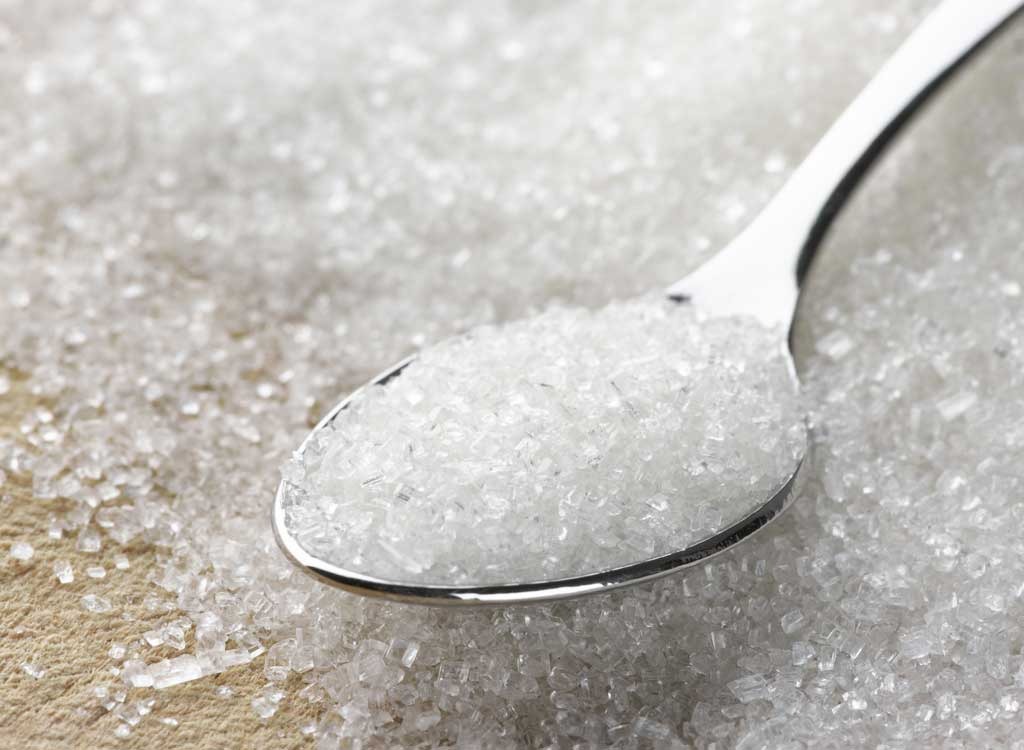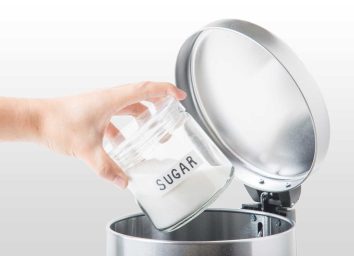Everything You Need to Know About Allulose—The New Sugar Alternative

Meet allulose, the newest reduced-calorie sweetener that's taking the health food world by storm. Sold by Tate and Lyle, the company that created the sugar cube and Splenda, this sweet new discovery has the same taste and texture as sugar—without the weird aftertaste that haunts so many man-made sugar alternatives. The primary reason? It comes from Mother Nature. Yes, that's right, the allulose found in processed foods is derived from fermented corn. Small amounts of the low-calorie sugar are also naturally found in figs, raisins, and maple syrup.
Scientifically speaking, allulose's chemical makeup is nearly identical to fructose and glucose (real sugar), but it possesses slightly different hydrogen and oxygen structures. This slight difference allows the sugar substitute to boast just a tenth of the calories of table sugar while maintaining 70 percent of the sweetness.
If that sounds too good to be true, you're right; there is a bit of a drawback. Since our gut enzymes cannot break down allulose, if you consume it in large quantities it can lead to severe bloating, pain, and gas. (Even so, the FDA says allulose is GRAS or "generally recognized as safe.") That said, food companies using allulose in their products (like Quest) have promised the FDA that they won't be too heavy handed.
So, what's the bottom line? Does allulose get the green light? "We know that what we eat and the amounts affect our microbiome. Those effects can be immediate, like diarrhea, or they can be longer-term and cause other issues. Only time, careful observation, and transparency can tell [if allulose is safe for long-term consumption]," Kantha Shelke, Ph.D., founder of the food science and research firm Corvus Blue, explained in a previous interview. With Shelke's concerns in mind, we recommend sticking to tried and true natural sweeteners like stevia or actual sugar until we know the long-term effects of allulose. Or, better yet, try adapting these easy tips to stop eating so much sugar to dial back on all types of sweet stuff—for good!








